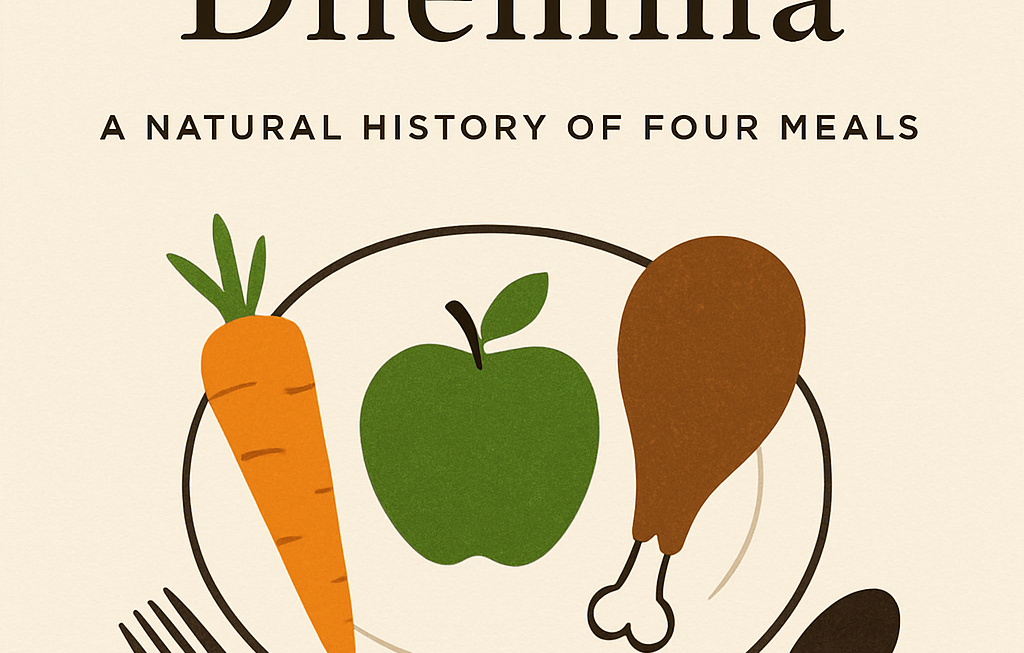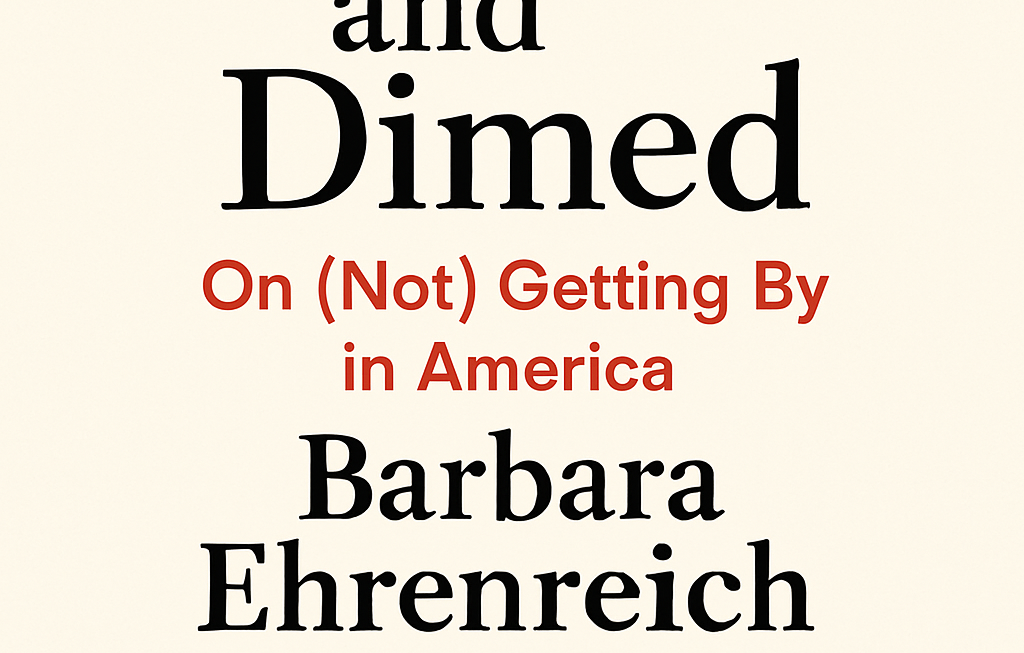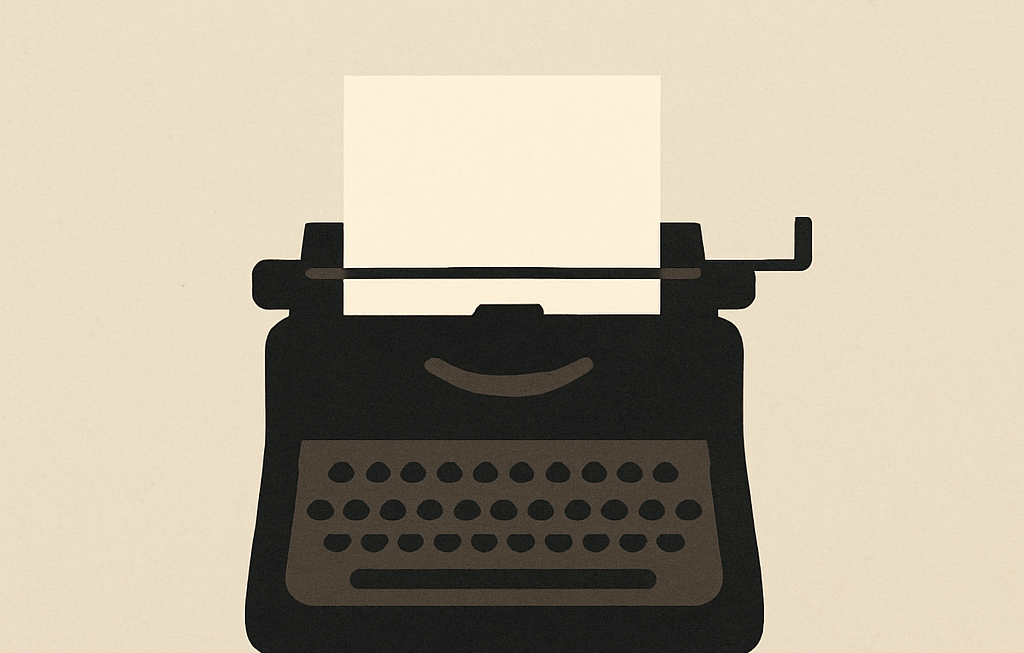The Enduring Legacy of *The Omnivore’s Dilemma*: A Conversation with Michael Pollan
Michael Pollan’s The Omnivore’s Dilemma: A Natural History of Four Meals, published in 2006, wasn’t just another cookbook; it was a cultural earthquake. More than a decade after its release, the book continues to resonate, sparking conversations about sustainable agriculture, ethical consumption, and the very nature of our relationship with food. Pollan, a meticulous researcher and engaging storyteller, didn’t simply present facts; he crafted a narrative, tracing the journey of four meals—from industrial corn to a pasture-raised steer, organic produce to a foraged meal in the California wilderness—to illuminate the complex web connecting our plates to the environment and our bodies. His approach, a blend of investigative journalism, personal reflection, and scientific inquiry, proved both compelling and deeply unsettling. This meticulous examination of the industrial food system laid bare its environmental and ethical costs, leaving readers with a profound sense of responsibility and a desire for change. Pollan, whose career has spanned decades of exploring the intersection of food, nature, and culture, didn’t shy away from challenging conventional wisdom and prompting readers to reconsider long-held beliefs about what we eat and why. His work, including the subsequent *In Defense of Food* and *How to Change Your Mind*, cemented his position as a leading voice in the growing movement towards a more mindful and sustainable relationship with the natural world, a world increasingly intertwined with our food choices. This legacy continues to inform debates on food policy, shaping consumer choices, and prompting a critical reevaluation of how we feed ourselves and our planet.
Ten Questions for Michael Pollan
- Question: Your work often blends personal narrative with rigorous research. How do you navigate the delicate balance between subjective experience and objective reporting in conveying complex scientific information to a lay audience?
- Answer: I find the personal journey is a useful scaffolding, a way to invite the reader into the subject matter. It’s about creating empathy. Science provides the backbone, the evidence, but the story helps people connect with the implications of that evidence. It makes the abstract, concrete. It’s less about separating subjective and objective and more about integrating them, showing how they inform each other.
- Question: The Omnivore’s Dilemma sparked significant controversy. Did you anticipate the level of backlash, and how did you respond to critics who challenged your conclusions or methodology?
- Answer: There’s always pushback when you challenge powerful vested interests, and industrial agriculture is certainly one of them. I anticipated some criticism, but the intensity surprised me at times. My response has been to stick to the facts, to be transparent about my sources, and to continue refining my understanding of the issues. Debate is important; it helps to clarify and strengthen arguments.
- Question: Beyond the immediate impact on food choices, what lasting impact do you hope The Omnivore’s Dilemma will have on the broader cultural conversation surrounding food and sustainability?
- Answer: I hope the book spurred a deeper understanding of the interconnectedness of our food system. It’s not just about what we eat but also the environmental, economic, and social consequences of our choices. My ambition was to shift the conversation beyond personal diets to include larger systems and structures, from policy changes to industrial practices.
- Question: Your writing is lauded for its accessibility and engaging narrative style. Can you discuss your approach to crafting a book that’s both intellectually stimulating and captivating to a broad audience?
- Answer: I strive to write clearly and concisely, avoiding jargon. It’s about finding the story in the data, making complex issues relatable through personal experiences and vivid descriptions. A good story can make even the most intricate scientific information accessible and engaging.
- Question: Which writers or thinkers have most significantly influenced your work, and how has their influence shaped your approach to writing about food and the environment?
- Answer: Writers like Rachel Carson and Wendell Berry have deeply influenced my work. Carson’s meticulous research and elegant prose showed me the power of scientific inquiry coupled with compelling storytelling. Berry’s philosophy of agrarianism deeply shaped my thinking about our relationship with nature and the importance of place.
- Question: In retrospect, are there aspects of The Omnivore’s Dilemma you would have approached differently, or conclusions you would revise based on subsequent research or events?
- Answer: Certainly. Our understanding of these complex systems is constantly evolving. There’s always more to learn, and I’ve adjusted my thinking based on newer data, especially regarding the complexities of climate change and its effects on agriculture. But the core argument remains: we need to rethink our food system and re-establish a more conscious relationship with the natural world.
- Question: Many readers point to your book as a catalyst for their own shifts towards more conscious eating habits. What are your thoughts on the power of storytelling in driving positive social and environmental change?
- Answer: Stories have immense power. They can alter perceptions, evoke empathy, and ultimately inspire action. I believe that if people understand the implications of their food choices, they will make different, more sustainable choices. Stories can help build that bridge between understanding and action.
- Question: Looking ahead, what are the most pressing challenges facing our food system, and what role do you see writers and journalists playing in addressing them?
- Answer: Climate change is the overriding challenge. We need to transform our food system to become far more resilient and less carbon intensive. Journalists can expose the problems, hold those in power accountable, and help empower individuals to be active participants in positive change. We need to bridge the divide between scientific knowledge and public awareness.
- Question: Beyond food, what are you currently working on, and how does it connect to the broader themes explored in your previous works?
- Answer: My current projects continue to explore our connections to nature and our place within the ecosystems that sustain us. It’s a continued exploration of humanity’s relationship with the natural world, with the goal of fostering more mindful and sustainable living – a deeper understanding of what it means to be alive and responsible within it.
“`



